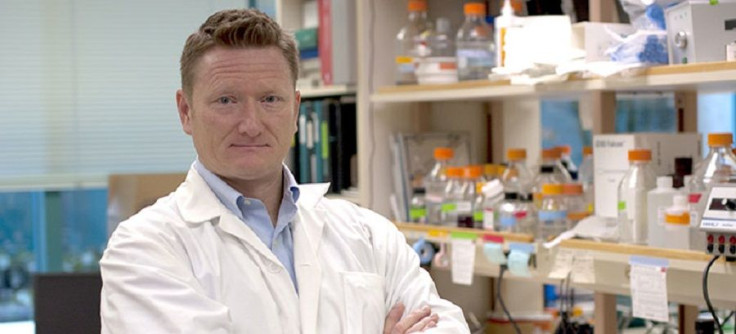Ionis & Roche start human trial of drug IONIS-HTTRx to reverse nerve cell-damaging Huntington’s disease

After successful clinical trial of a new drug on mice and monkeys, a Canada university neurology expert would lead a human trial in low doses. The new medication silences a gene responsible for producing a protein that damages nerve cells in the brain.
The protein is the cause behind Huntington's disease, a hereditary condition that is characterised by loss of intellectual abilities, uncontrolled movements, emotional problems, and later death. The new medication opens the door to the possibility of not only topping the ailment, but reverse the damage, reports The Telegraph.
The new drug, IONIS-HTTRx, could alter the curse of the debilitating ailment, says Dr Blair Leavitt from the University of British Columbia in Vancouver and principal investigator of the clinical study. He says current medication works on the symptoms of Huntington, not heal or reverse it.
In January, the US Food and Drug Administration (FDA) granted IONIS-HTTRx Orphan Drug Designation, Ionis Pharmaceuticals announced in a press release. The same drug has been given the same designation by the European Medicines Agency to treat Huntington’s disease. With the orphan drug designation, Ionis has seven years of market exclusivity in the US once the FDA grants it market approval. Ionis is developing the drug with pharmaceutical giant Roche.
The ailment is caused by a mutated HTT gene, and people who got this genetic defect when they were born would eventually develop the disease. The antisense drug serves like a dimmer switch that turns the gene down to prevent it from producing the protein which damages the brain, explains Leavitt.
Mice that were given IONIS-HTTRx showed improvement within one month. After the second month, the rodents’ health reverted to normal. When the drug was tested on monkeys, it decreased by half the HTT protein via the primate’s central nervous system. It is injected in the lumbar region.
Once the human trial with low doses is proven safe, larger trials would be held. Leavitt will share the findings of their study at the 68th American Academy of Neurology annual gathering in Vancouver, Canada, in mid-April.





















